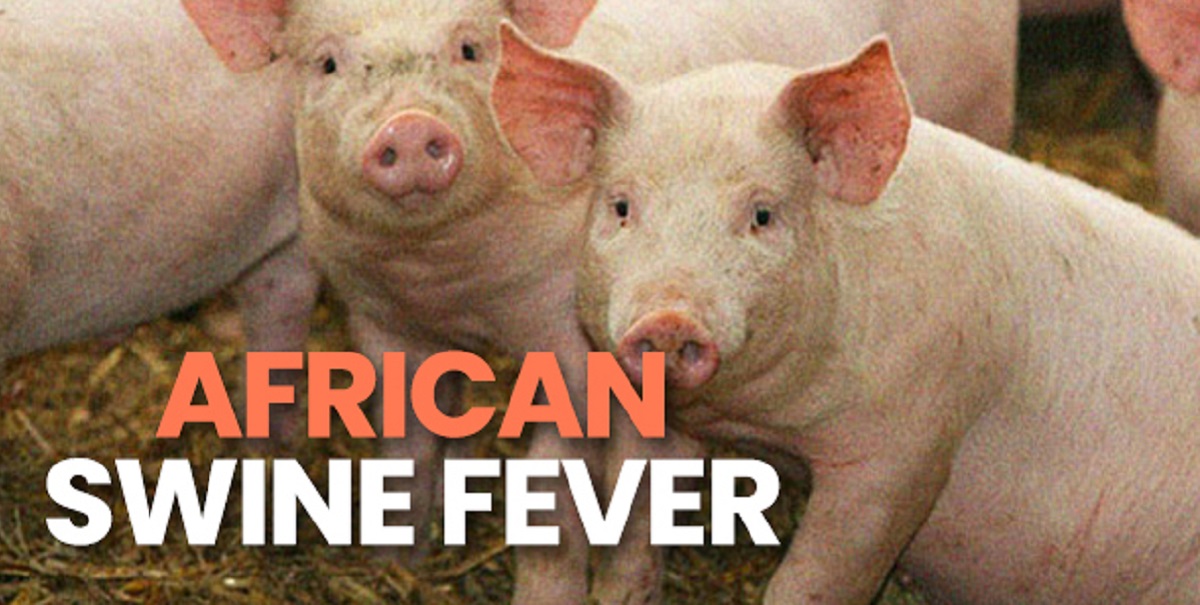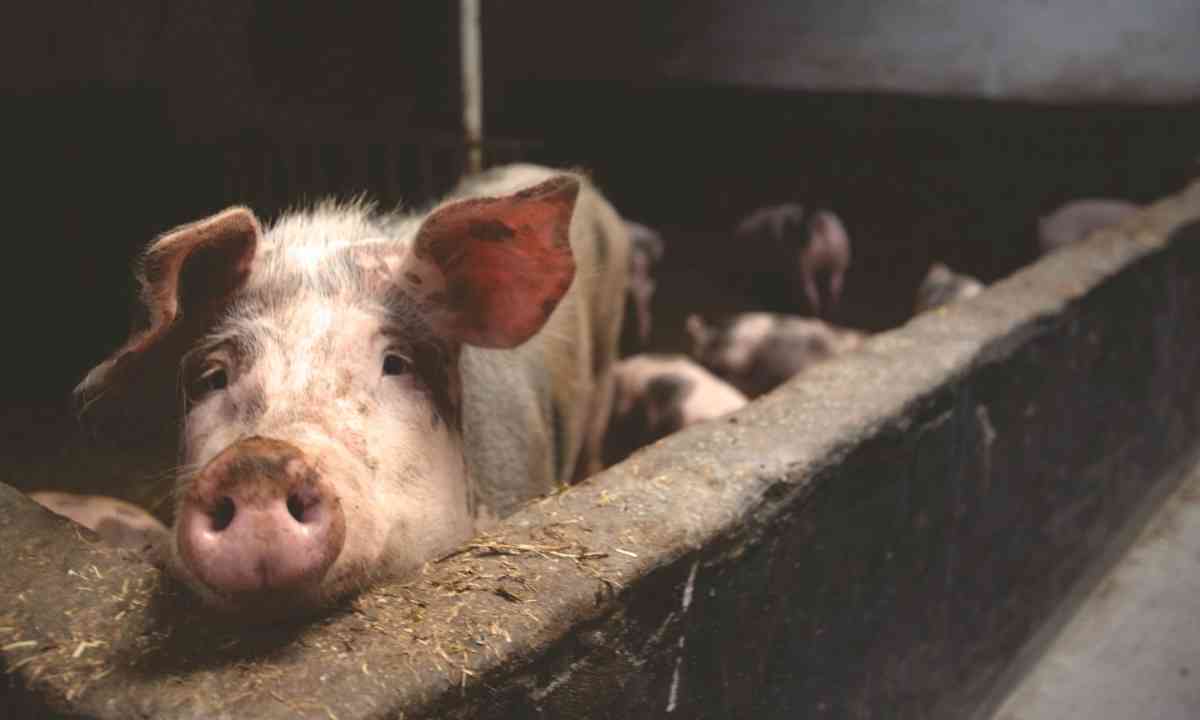Following an outbreak of African Swine Fever (ASF) among wild boar populations in the Mudumalai and Bandipur Tiger Reserves, the sale of pork and the transportation of animals or meat outside the Nilgiris has been banned.
African swine fever (ASF) is a viral disease that affects domestic and wild pigs. It is highly contagious and can be deadly, with a mortality rate of up to 100% in some cases.
ASF is caused by a virus that is part of the Asfarviridae family. It was first identified in Kenya in 1921 and has since spread to many other countries in Africa and beyond. The virus is spread through contact with infected pigs or their bodily fluids, as well as through contaminated feed, bedding, and other materials. It can also be transmitted by ticks and through the movement of infected animals.
ASF can cause a range of symptoms in infected pigs, including fever, weakness, reduced appetite, and internal bleeding. It can also cause sudden death in some cases.

There is no cure for ASF and no vaccine to prevent it. The best way to control the disease is to prevent its spread through strict biosecurity measures, such as quarantining infected animals and cleaning and disinfecting pig pens.
ASF can have serious economic consequences for the pork industry, as it can lead to the culling of large numbers of pigs and a reduction in pork production.
In recent years, ASF has spread to several countries in Asia, including China, which is the world's largest pork producer. This has led to concerns about the potential impact on the global pork market.
ASF is not a threat to human health, as the virus cannot be transmitted to people. However, it can have indirect impacts on people, such as through the loss of income for farmers and the increased price of pork.
ASF is considered a "notifiable disease" by the World Organisation for Animal Health (OIE). This means that countries are required to report outbreaks of the disease to the OIE in order to control its spread.
Some countries have implemented measures to prevent the spread of ASF, such as banning the import of pig products from affected areas and tightening biosecurity measures at pig farms.
There is ongoing research into ways to control and prevent ASF, including the development of vaccines and improved diagnostic tests.
© Vygr Media Private Limited 2022. All Rights Reserved



















